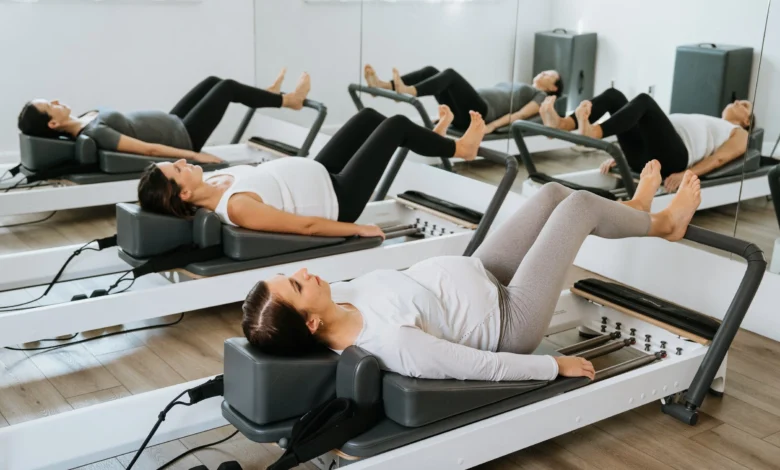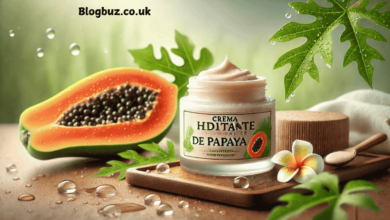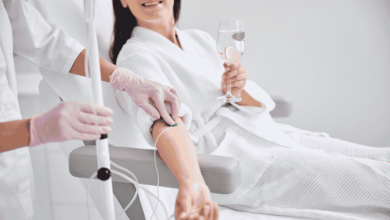Pilates for Pre- and Post-Natal Care

Pilates is increasingly recognised as a beneficial exercise regimen for expectant and new mothers, providing a safe and effective way to maintain physical fitness during and after pregnancy. The practice helps in enhancing core strength, flexibility, and posture, all of which are important during this transformative phase. For individuals using a reformer pilates machine, the benefits extend to improved muscle tone and mental well-being.
Benefits of Pilates During Pregnancy
During pregnancy, the body undergoes numerous changes that can bring about discomfort and physical strain. Pilates, specifically tailored for pre-natal care, offers exercises that align with the body’s transformations, aiding in reducing back pain, improving balance, and easing tension around the neck and shoulders.
One significant advantage of pre-natal Pilates is its low-impact nature, which reduces the risk of injury. Expectant mothers can engage in Pilates routines without putting excessive strain on their bodies, making it a viable option for those seeking to maintain an active lifestyle during pregnancy.
Post-Natal Advantages of Pilates
Post-natal Pilates focuses on aiding recovery after childbirth. It helps in strengthening the pelvic floor, a crucial area affected during pregnancy and delivery. By incorporating Pilates routines, new mothers can gradually regain their core strength and improve their overall physical health.
Utilising appropriate pilates equipment ensures that the exercises are effective and safe. Engaging with such routines can support better postural alignment, essential for coping with the physical demands of parenting, such as lifting and carrying a baby.
Safe Practices for New Mothers
Safety is paramount in both pre- and post-natal Pilates. Consulting with a healthcare provider before starting any exercise regimen is recommended to ensure it aligns with individual health needs. Moreover, engaging with qualified instructors who specialise in maternal Pilates can greatly enhance the safety of the practices.
It is also advised to listen to one’s body and avoid pushing beyond comfortable limits, which might lead to discomfort or injuries. Gradual progression in intensity and frequency of workouts is key to effective post-natal recovery.
Incorporating Pilates Equipment
Using equipment such as the foldable pilates reformer can offer additional support and variety to exercise routines. This type of equipment allows for adjustments that accommodate the physical changes experienced during and after pregnancy.
This versatility can be particularly useful for home use, offering new mothers the flexibility to workout according to their schedule and comfort levels. As the name suggests, foldable options also provide convenience in terms of storage space.
Building Core Stability
Pilates is well-regarded for its focus on building core stability, which is essential for supporting the spine and managing the common back pain associated with pregnancy. These exercises emphasise controlled movements and breathing, facilitating better muscle engagement and relaxation.
Improving Mental Well-being
Beyond physical benefits, Pilates contributes to improved mental health. The focus on breath control and mindfulness during sessions can alleviate stress and enhance mood, which is particularly beneficial for new mothers adapting to the demands of parenthood.
Community and Support
Joining a Pilates class, whether in-person or virtually, offers a sense of community and support. Engaging with other mothers going through similar experiences can provide emotional encouragement and motivation to continue with the regime.
Customised Pilates Routines
Customisation of Pilates routines according to individual needs and stages of motherhood is crucial. Tailored exercises ensure that personal goals are met while preventing overexertion. Instructors can assess and modify routines to suit varying post-natal recovery paces.
Long-term Benefits
Adopting Pilates as a regular part of one’s lifestyle yields long-term benefits, including sustained physical fitness and reduced pregnancy-related discomforts. It lays the foundation for a healthy lifestyle that can effectively support the demands of motherhood.
Ultimately, Pilates for pre- and post-natal care offers a comprehensive approach to physical and emotional well-being, ensuring mothers can enjoy these special phases of life with strength and positivity.




